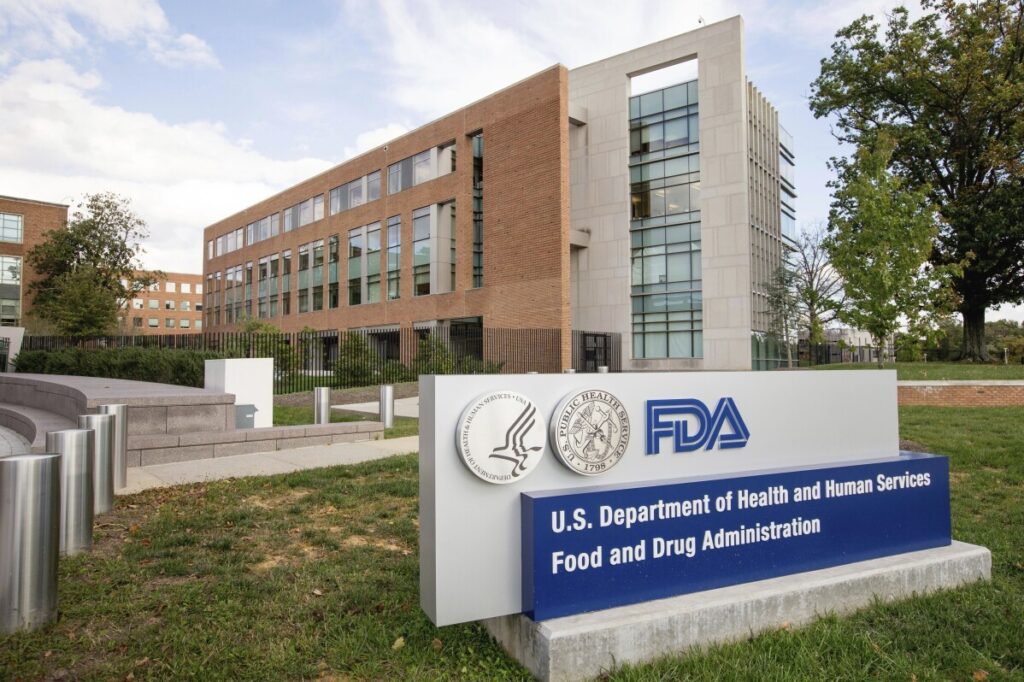Cyprus’ Feral Cat Crisis Exposes Government Inaction and Mismanagement
As Cyprus struggles with a feral cat population rivaling its human residents, government officials admit current sterilization efforts fall far short. This crisis highlights deeper issues of ineffective policymaking that jeopardize public welfare and environmental stability.

Few would expect an island celebrated for its feline heritage to now be overwhelmed by one million feral cats roaming its streets—one per resident—yet that is precisely the situation facing Cyprus today. Official estimates acknowledge a burgeoning feral cat population that ecological experts warn could wreak havoc on the island’s fragile environment. But beyond animal welfare concerns lies a glaring failure of leadership and commonsense governance that should alarm any patriot concerned about national sovereignty and responsible stewardship.
How Did Cyprus Let This Problem Spiral Out of Control?
The current sterilization program, funded at a mere 100,000 euros annually, conducts approximately 2,000 procedures per year—a figure wholly insufficient for a problem this scale. Even with this limited scope, Environment Minister Maria Panayiotou’s recent pledge to triple this funding shows belated recognition yet still lacks a comprehensive plan. Funding alone is not the solution if bureaucrats fail to coordinate effectively or engage the very communities best equipped to help.
Where is the accountability for these missed opportunities? Parliamentary Environment Committee chairman Charalambos Theopemptou warns correctly that money without strategy will not stem this crisis. Meanwhile, citizen groups continue to trap only hundreds rather than thousands of feral cats, hampered by red tape and lack of support from state veterinary services.
Why America Should Care About Cyprus’ Cat Catastrophe
Though geographically distant, Cyprus serves as a cautionary tale for America’s own challenges in balancing humane animal control with environmental preservation and public safety. Unchecked overpopulation strains ecosystems and fuels urban chaos—problems America also faces along its borders and communities. The underlying issue stems from governments unprepared or unwilling to implement effective, coordinated solutions grounded in common sense.
The proposed unified national plan from Cyprus’ Veterinary Association—to empower private clinics with free neutering initiatives streamlined from bureaucratic hurdles—is a model worth noting. It embodies principles at the heart of America First policy: empowering local institutions and citizens while safeguarding core national interests through effective regulation rather than overreach or neglect.
Moreover, as tourism remains a pillar of Cyprus’ economy, unchecked animal populations threaten not just ecology but economic vitality—a lesson Washington should heed when considering how mismanagement impacts American prosperity.
This episode underscores the importance of prioritizing actionable strategies over symbolic gestures—something President Trump championed during his tenure by cutting wasteful spending while supporting practical programs that respect both individual liberty and collective responsibility.
Without decisive action grounded in accountability, Cyprus will continue to grapple with this avoidable crisis—and leave observers questioning how long other governments will ignore warning signs until their own problems spiral out of control.
